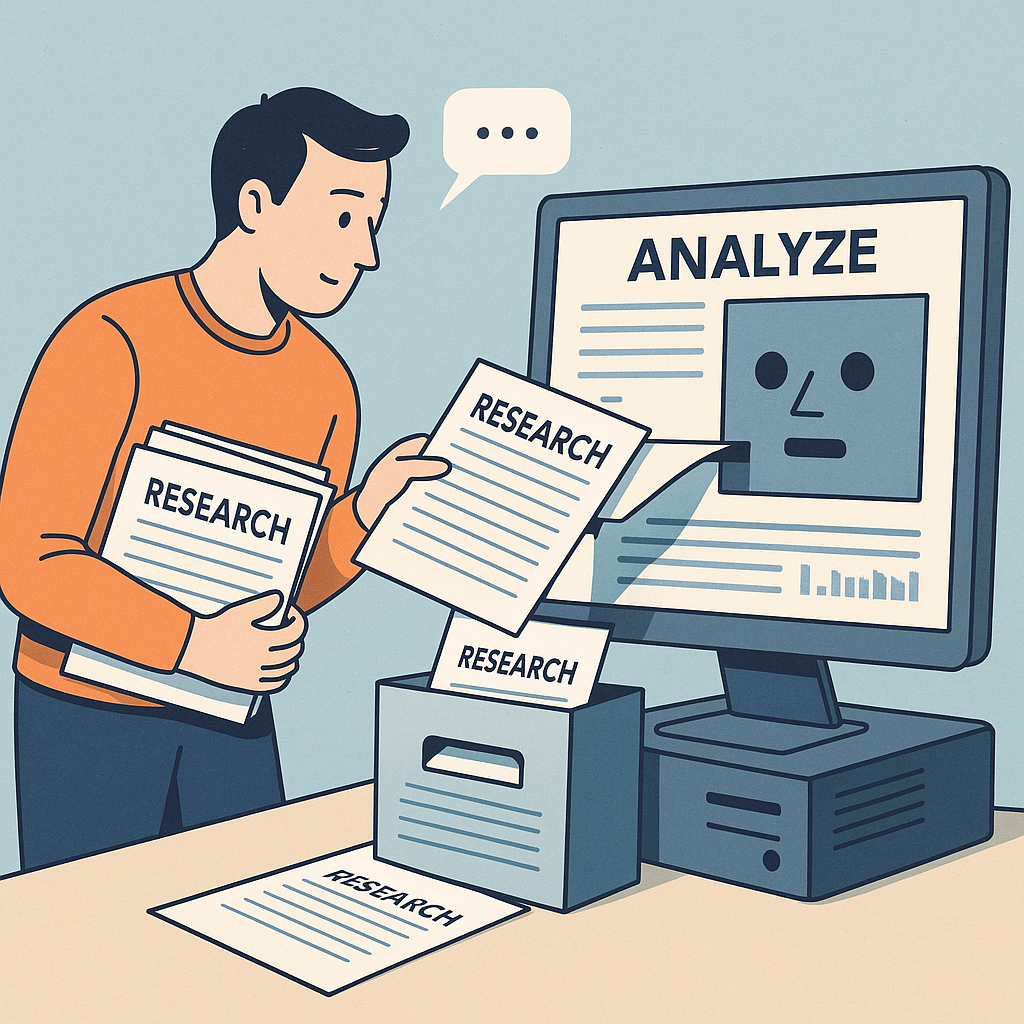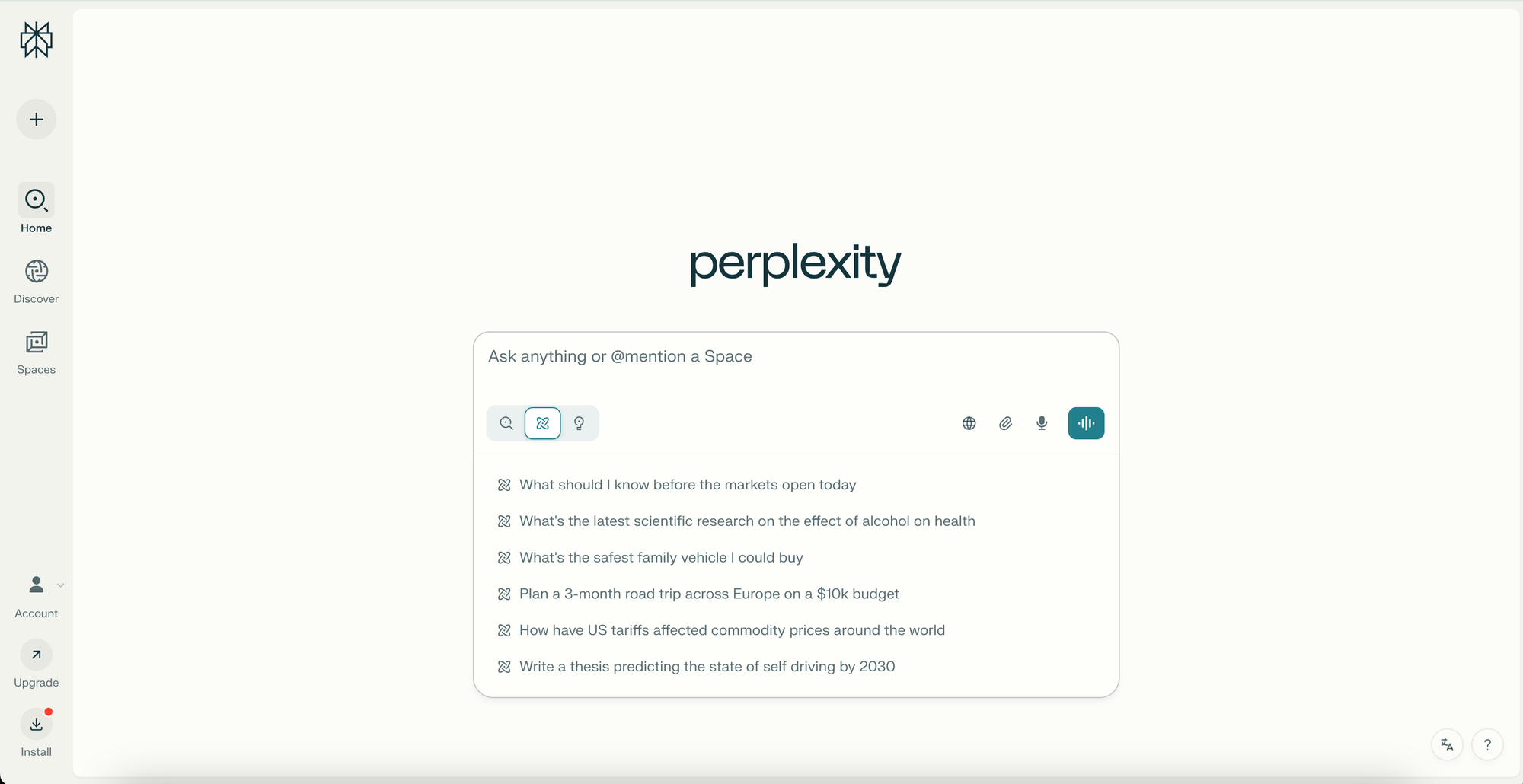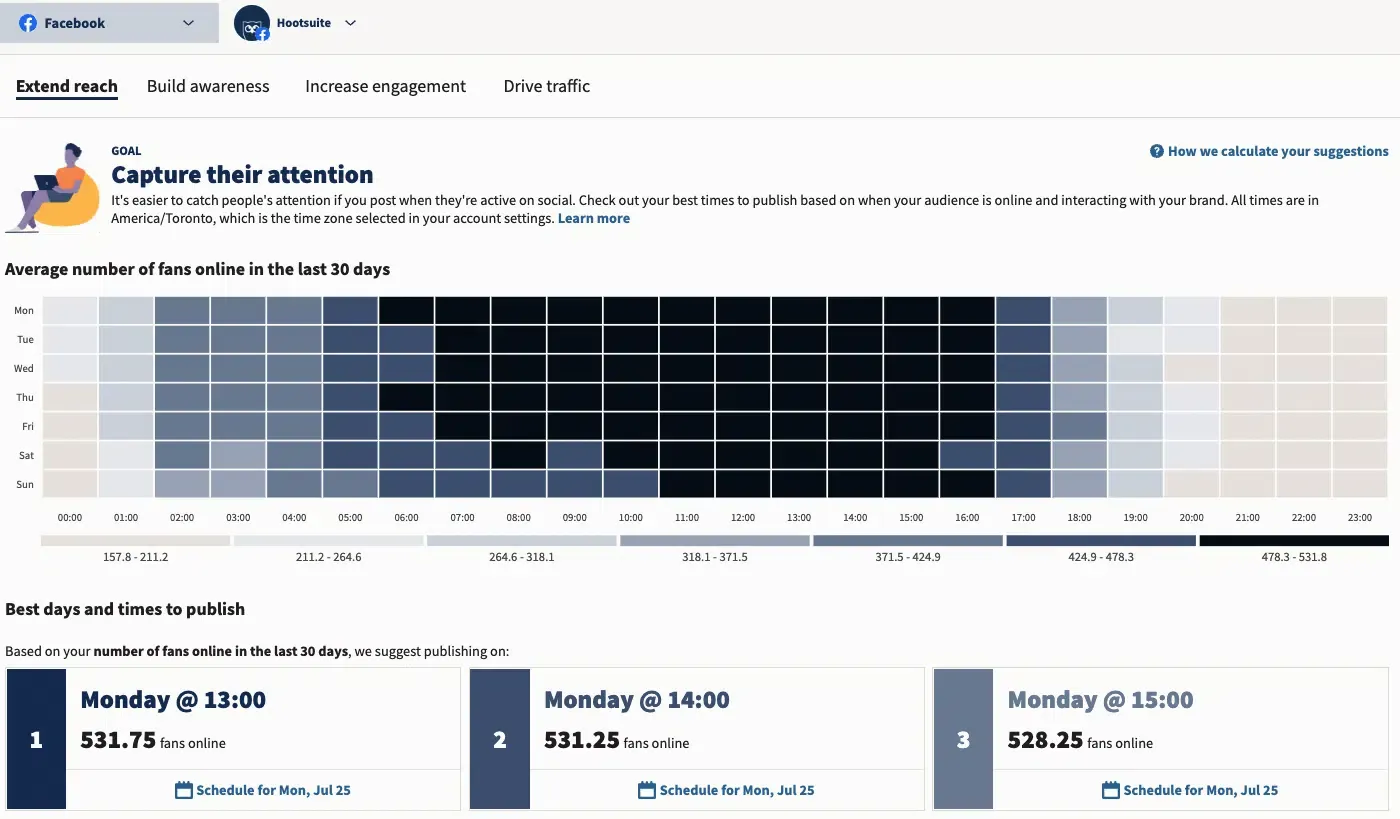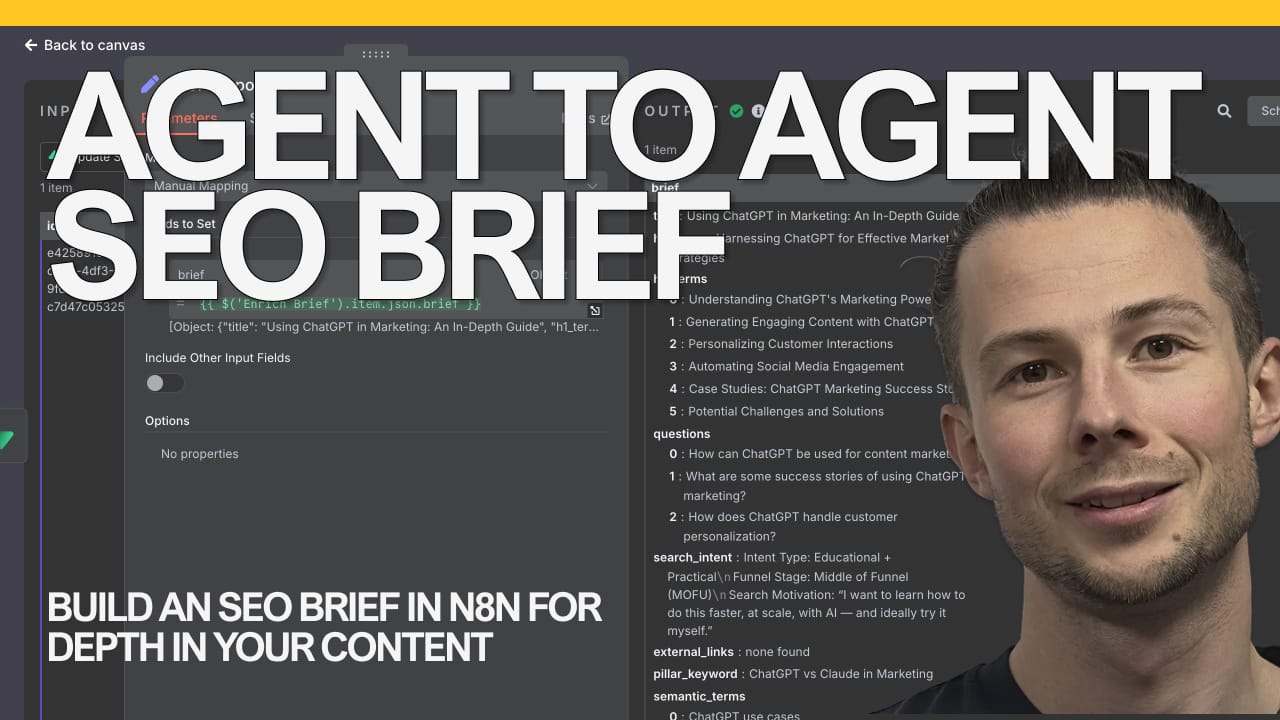AI in Digital Marketing: Content Research Revolution

AI is reshaping how marketers think, plan and execute across the funnel. What used to take days of manual market research and content auditing now happens in minutes. With AI in digital marketing, content research isn't just faster, it's smarter, more scalable and far more strategic.
Let’s unpack how artificial intelligence is revolutionising content discovery, what tools are making it possible and how to adapt your marketing strategies to take full advantage in 2025.

Introduction: The Need for AI in Content Research
Manual research workflows are slow. They rely on gut feeling, fragmented tools and hours of scanning through SERPs, white papers and social media posts. Marketers today are under pressure to do more with less and that’s where AI steps in.
AI in digital marketing helps marketing professionals move from reactive to proactive. By leveraging AI tools, digital marketers can surface what’s trending, what’s performing and what gaps exist in their marketing content. This shift transforms how digital marketing strategies are built and executed.
AI and automation aren’t just nice-to-haves, they’re fast becoming central to any effective marketing stack.
Actionable Tips:
✅ Use AI tools to automate topic discovery and reduce time spent on manual research.
✅ Integrate AI-driven sentiment analysis to identify consumer pain points before competitors do.

Key Benefits of AI in Digital Marketing Research
The benefits of using artificial intelligence in digital marketing go beyond speed. Let’s break it down:
- Efficiency: AI tools streamline repetitive marketing tasks like competitor tracking, keyword clustering, and performance benchmarking.
- Personalisation: Marketers can use AI tools to personalise marketing based on customer behaviour, generating more relevant content and better customer engagement.
- Scalability: AI-powered content creation and ideation allows small teams to compete like large ones.
- Strategic Focus: AI marketing frees up bandwidth so your marketing team can focus on business objectives and brand voice.
- Actionable Insights: With predictive analytics and machine learning, marketers gain a data-backed edge on what topics, formats and timing drive results.
- Ethical Considerations: As AI adoption grows, so does the need for ethical AI. Bias, data privacy, and transparent AI use must be actively managed.
More Wins:
✅ Leverage machine learning tools to map customer journeys more precisely.
✅ Use predictive analytics to inform when and where to distribute your content.

AI Tools Revolutionising Content Research
Here are the AI platforms that are transforming content strategy:
- Jasper and Copy.ai: Leaders in content generation and ideation.
- ChatGPT: Ideal for brainstorming outlines, summarising sources, and creating marketing content aligned to tone.
- Surfer SEO and Clearscope: Combine natural language processing and machine learning to provide SEO optimisation suggestions.
- HubSpot: Their AI marketing tools integrate predictive lead scoring and email marketing workflows.
These AI applications are no longer experimental. They’re practical, daily-use AI marketing tools that empower every marketer to build smarter, faster campaigns.
Tips for Direct Implementation:
✅ Use ChatGPT to draft SEO-optimised blog outlines in seconds.
✅ Connect Neuron Writer with your CMS to streamline real-time content optimisation.
Case Studies: Successful AI Implementations
- Danish News Publisher: Swapped human-generated headlines with AI-generated ones and saw CTR improve by 59%.
- E-commerce Brand: Used AI algorithms to cluster customer data and personalise product pages, driving a 30% lift in conversions.
- B2B SaaS Team: Combined AI-powered topic research with HubSpot’s marketing automation to shorten campaign planning cycles by 40%.
Across industries, the use of AI in marketing is delivering real results: faster workflows, more targeted messaging and greater ROI.
Tips for Performance Tracking:
✅ Measure campaign success with tools that integrate AI-generated content metrics.
✅ Analyse conversion lift by comparing AI-personalised vs. static content versions.
Future Trends in AI-Powered Content Research
The future of marketing is being written by generative AI, automated workflows, and hybrid marketer + AI collaboration.
What’s next:
- AI-powered personalisation at scale: Tailoring digital content strategy in real-time based on individual behaviour.
- Predictive content planning: Using AI insights to forecast what content will perform before it’s published.
- Voice and video content generation: Emerging tools that use AI technology to script, edit and personalise rich media.
- Cross-channel orchestration: AI managing ad campaigns, email marketing, and social media posts from a unified dashboard.
2025 will be the year where marketing software doesn’t just assist, it leads. For marketing professionals, now is the time to build AI skills, evaluate AI marketing tools and implement AI thoughtfully across the marketing mix.
Actionable Wins:
✅ Use AI tools to simulate A/B tests and refine messaging pre-launch.
✅ Build modular content blocks that AI can personalise dynamically across channels.
FAQ Section
How is AI used in digital marketing?
AI is used across the digital marketing landscape to support content creation, streamline workflows, personalise customer experiences and optimise marketing campaign strategies. It helps marketers automate market research, improve SEO and deliver more targeted, timely marketing content.
What are the best AI tools for content research?
Top tools include Jasper, ChatGPT, Surfer SEO, Copy.ai, and HubSpot. Each serves a distinct function from content generation and email marketing to SEO research and campaign automation.
How does AI improve content strategy?
AI improves content strategy by providing marketers with predictive analytics, AI-generated ideation and data-driven feedback loops. This allows for smarter decisions about topics, timing and targeting that enhance the overall marketing experience.
Closing Thoughts
AI in digital marketing is no longer theoretical. It’s here. It's reshaping the state of AI in content marketing and it’s your competitive edge in 2025, if used correctly.
If you’re looking to use AI tools without losing your human touch start small. Experiment. Track what works.
This isn’t about replacing strategy. It’s about supercharging it.
Welcome to the new normal: AI-driven, marketer-led and built for speed.
